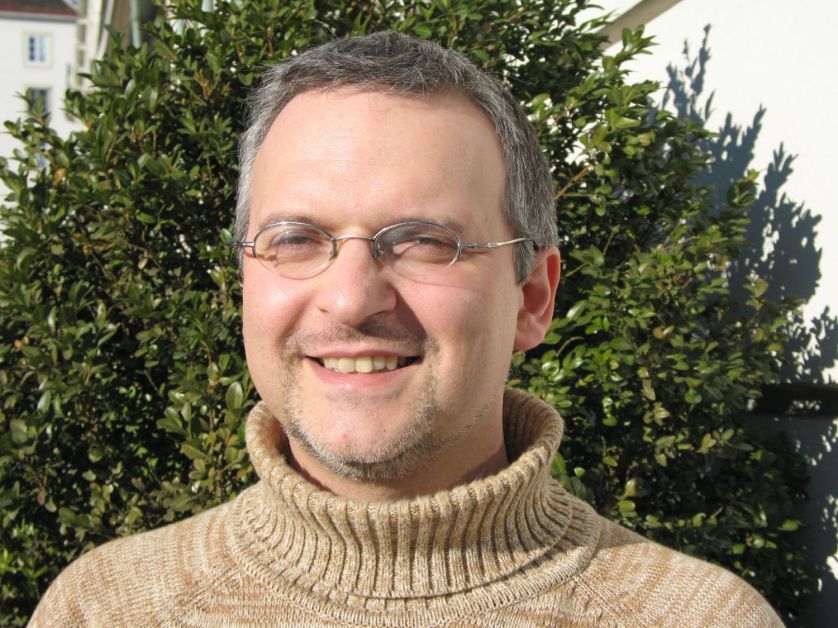born 1969, studied history, classical archaeology and primeval and ancient history in Vienna. He is an exhibition curator, an advisor for radio broadcasts and TV documentaries and directs scientific research projects. He also teaches at the Department of Contemporary History of the University of Vienna. Leidinger has published widely and is head of the Vienna branch office of the Ludwig Boltzmann Institut für Kriegsfolgenforschung. Most recently published by Residenz Verlag: “Habsburgs schmutziger Krieg” (Habsburgs' dirty war) (2014). He has co-authored the book “Hitler - prägende Jahre” (Hitler - The formative Years) (2020) with Christian Rapp.
all events
